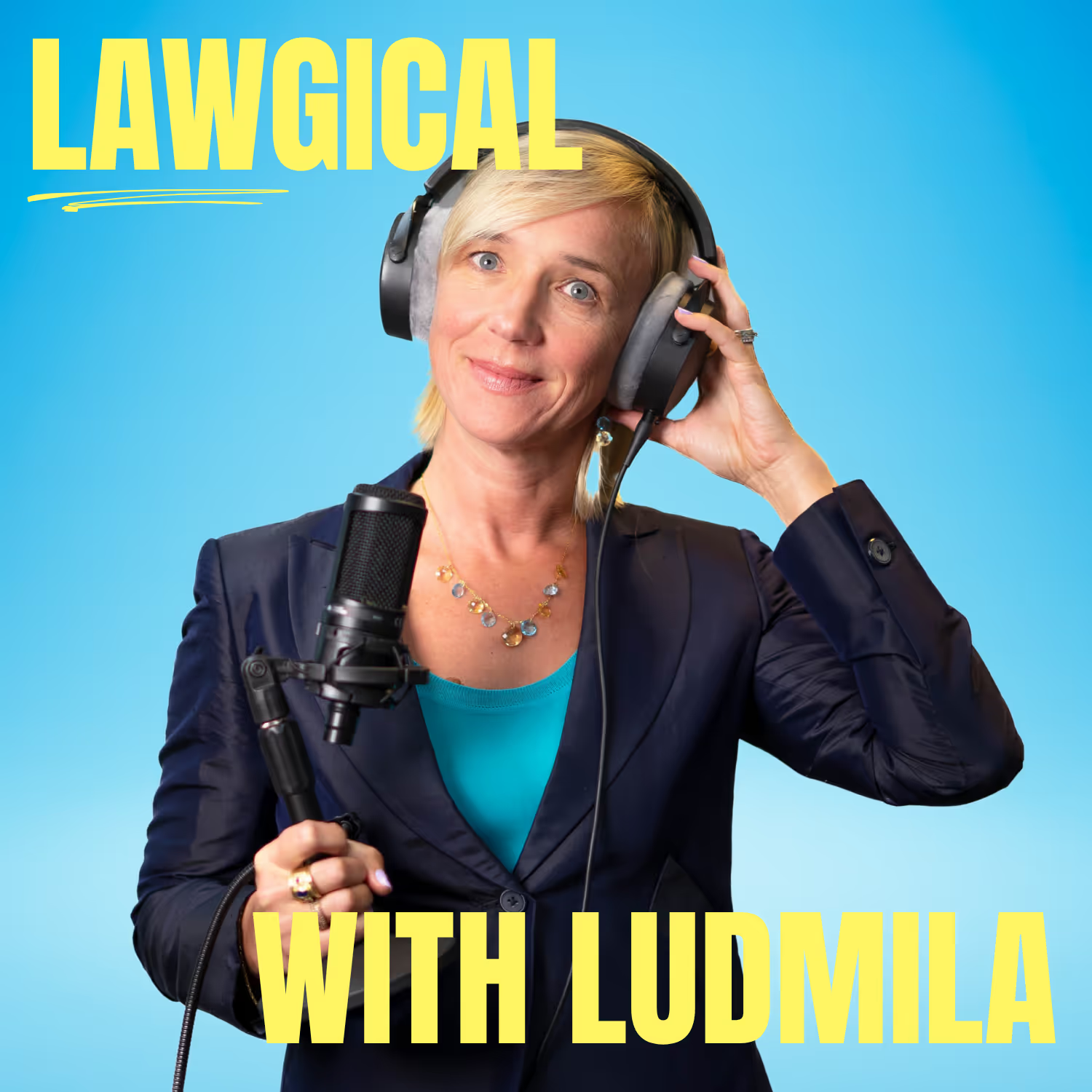Divorce, Forms of Leave During Employment, and More
Host
There's just so much more to hear. Download our podcast at DubaiI1038.com.
Questions today
If you've got a question for Ludmila, get in touch as soon as possible because it is always busy. If there's anything, put it on a text, send it to 4001, or in via the free app. Two topics, and we'll kick off the first of those in a second. Ludmila is here from Yamalava and Plethka, as is always the case.
Let's start with divorce, because you're going to handle the NLTs and mine.
A work divorce, when it's time. She's threatened so far. But what's new in that world, Ludmila?
Ludmila Yamalova
Well, there isn’t much new, but the reason I wanted to discuss this topic is because we’ve seen an increased number of expat couples in Dubai requesting divorces. Part of this could be because families are living in the UAE much longer.
There’s a presumption that the default rule for divorce is Sharia. Two main concerns for couples are usually:
- What happens to the children?
- How are monetary assets divided?
Assets fall into two categories:
- Jointly held assets
- Future payments to one spouse
With regards to children, there’s often concern based on misunderstandings about Sharia law.
Host
Let’s clarify those misconceptions.
Ludmila Yamalova
If a couple is divorcing in the UAE, the default law for custody is Sharia. However, there’s a common misconception that children will go to the state. That’s not true.
For non-Muslim couples, they have the choice to apply either their country’s laws or Sharia law. Sharia is an option, not a default or forced law. For Sharia to apply, both parties must mutually agree.
If they don’t agree, the laws of their respective countries are applied. However, this adds complexity since most expat couples come from different countries with different laws. Divorce proceedings must be filed in Dubai Courts, or the courts of other Emirates, specifying which country’s laws should apply.
Many couples prefer to get divorced elsewhere to avoid proving foreign laws in UAE courts. But the UAE courts are familiar with applying foreign laws.
Host
We’ll discuss more after the break. If you’re going through a difficult patch or considering divorce, send in your questions for Ludmila.
Traffic Update
There’s been a crash on E11 Sharjah-bound near the Mall of the Emirates, causing delays. Traffic is building on Sheikh Zayed Road from DXB Airport to Sharjah. Slow movement on Al Khail Road near the D69 intersection.
Host
We’re back with Ludmila Yamalova, discussing divorce and the process. Ludmila, what’s the truth behind the hearsay on social media about divorce procedures?
Ludmila Yamalova
The key advice is to consult professionals. Laws evolve, practices change, and it’s important to stay updated. For example, a recent Dubai law introduced a center for experts to register wills with Dubai Courts, which was unexpected.
Always rely on professional legal advice instead of hearsay.
Caller: Fatima
I’ve been married for 30 years. My husband and I are considering a split. We own properties in the UAE, with both names listed 50-50. My husband says under Sharia law, I won’t get my 50%. Is this true?
Ludmila Yamalova
Under Sharia, what is yours is yours, and what is his is his. If the property is jointly owned, your share remains yours. Sharia law doesn’t take away your share.
Host
Alimony is another concern. Can you explain how that works?
Ludmila Yamalova
Under Sharia, alimony is limited. In most cases, it’s for three months, with the possibility of an additional six months. For children, the father must support them financially until they are of age. Custody stays with the mother until the children are 13, after which it reverts to the father unless otherwise agreed.
Host
What about divorces for expats who registered their marriage in another country?
Ludmila Yamalova
Ideally, divorce should happen in the country where the marriage was registered. This simplifies validation. If it’s not possible, the divorce process can occur in the UAE, but it must still be validated in the original country.
Caller: Ishmael
Are there government-approved tariffs for legal services?
Ludmila Yamalova
No, there are no government-set minimum or maximum fees for legal services. Fees depend on the agreement between the client and the lawyer.
Host
Thank you, Ludmila. Have a great holiday!
Ludmila Yamalova
Thank you, you too.
Host
Download our podcast at DubaiEye1038.com.






